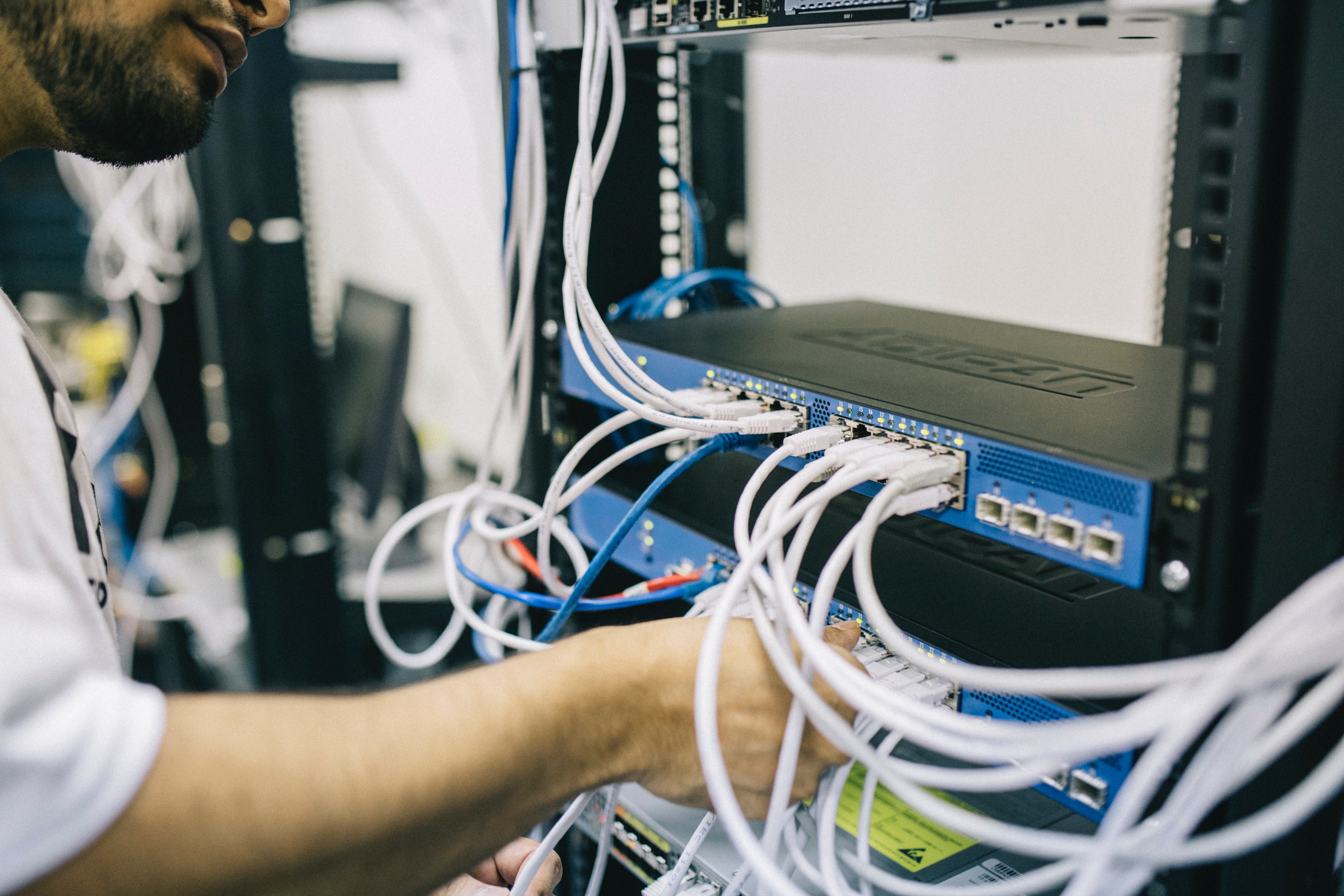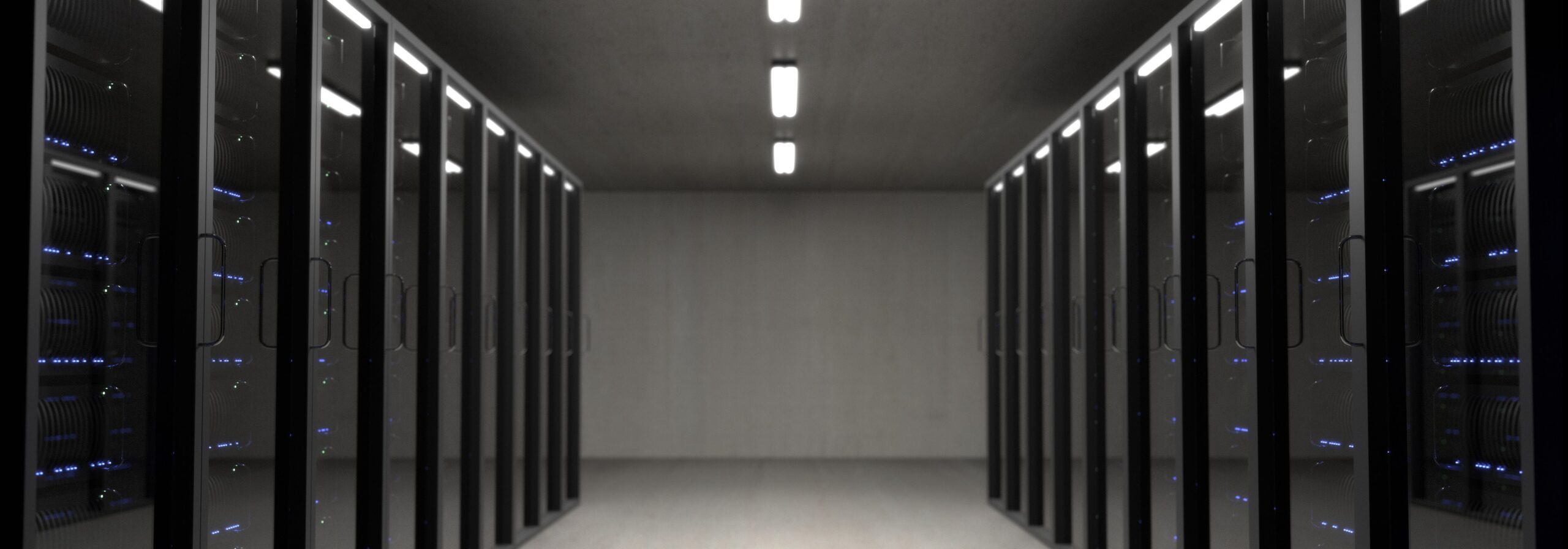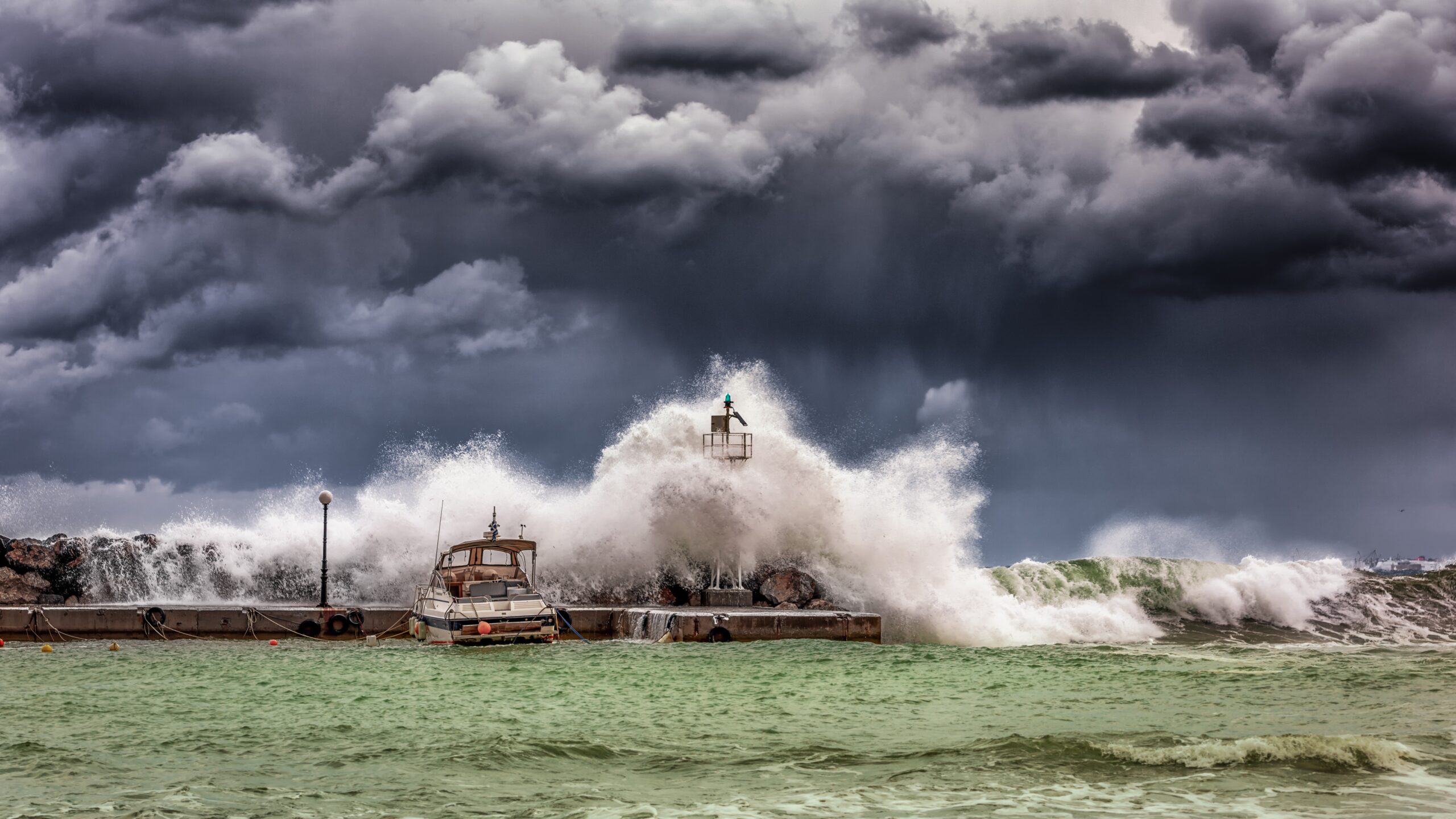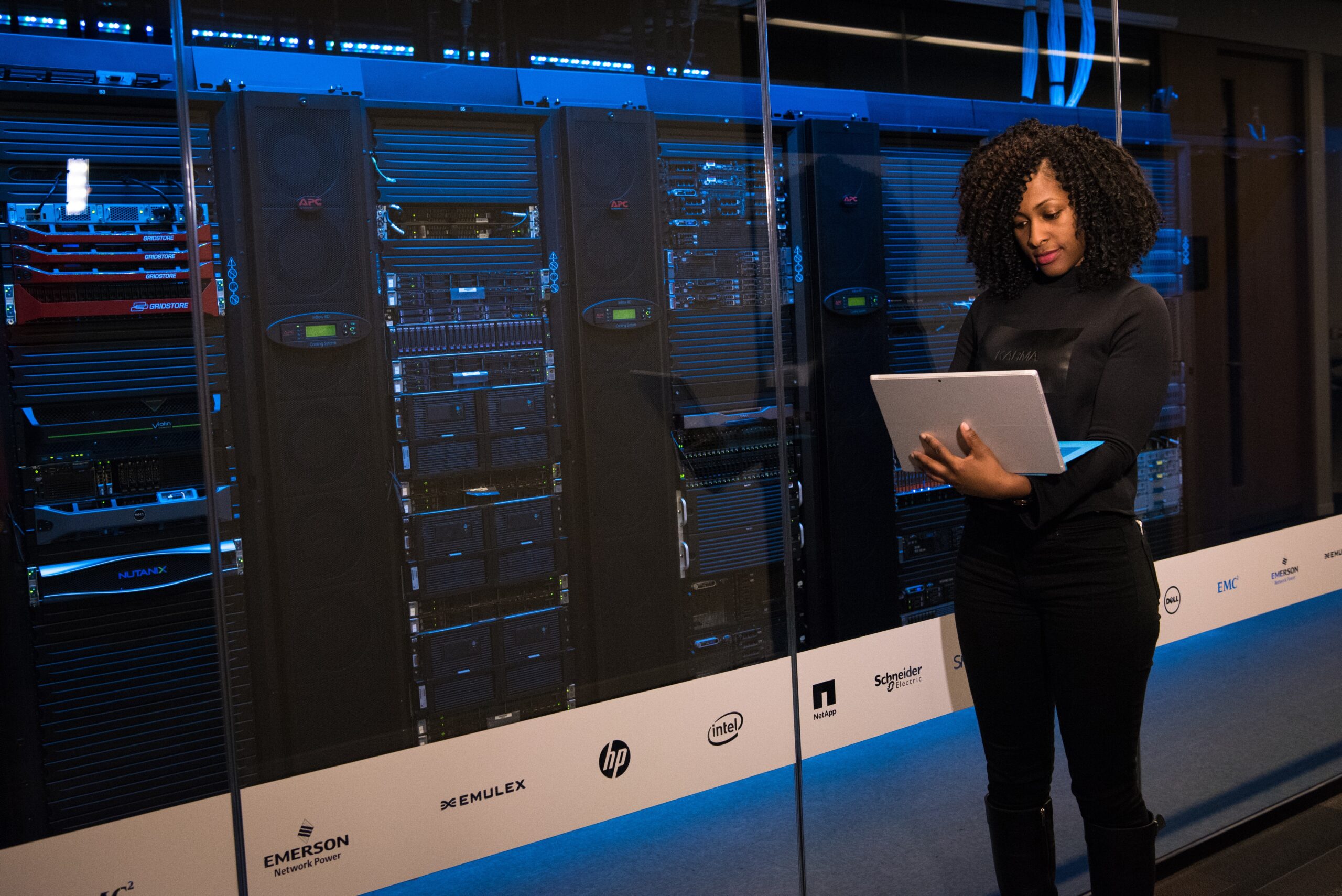
Can Your Data Center and Business Recover After a Natural Disaster?
Data loss or inaccessibility after a natural disaster is a significant concern. After Hurricane Sandy in 2012, data centers in Manhattan had to extract water from the generator rooms and restore switchgear to become operational. In the U.K., flooding in Leeds caused immense water damage to a Vodafone facility that it had to close for several days.
According to the Insurance Information Institute, over 25% of businesses never reopen after an extreme weather event. Fortunately, preventing disaster-related downtime is possible through proper monitoring systems and a disaster recovery plan.

Tips To Protect Your Servers From Natural Disasters
Knowing which natural disasters to expect based on your server room and data center location can make the difference. Here’s how to protect your facility from the most common natural disasters.
1. Fire
Whether you wish to set up a new server room or bolster an existing one, here are several tips to fireproof the area and prevent data loss.Include fire-resistant materials during construction
Three levels of fire protection exist.
- Building level. Your data center should install systems that will safeguard the entire structure. These include extinguishers, fire sprinklers, and secondary protection like firewalls and floor assemblies, which ought to slow down the fire and prevent it from spreading.
- Room level. If your data center is in the U.S., you are probably aware of National Fire Protection Association (NFPA) standards 75 and 76 which help safeguard tech equipment and telecommunication facilities.
- Rack level. This protection level focuses on the server room and equipment inside.

Install suppression systems
Your country will have specific fire suppression system standards. Typically, data centers choose between two sprinkler systems, wet pipes or pre-engineered. The former will have water in its pipes which automatically flow once you trigger the fire alarm. The only con is that wet pipe sprinklers can suffer leakage, damaging the servers.
On the other hand, pre-engineered sprinklers require two-point activation to disperse water. It’s also the preferred choice for many businesses. Depending on the model, some pre-action sprinklers operate on a quadrant level. Therefore, they will only disperse water in that specific area once activated. Like the wet piping, this system poses a risk of water damage, so you should consider installing a gaseous system instead.
Gaseous systems employ a clean agent or inert gas. The latter uses nitrogen and argon to reduce the oxygen in the server room, thereby putting out the fire. Note that you will need to install sound muffling equipment to prevent damage to hard drives.
Clean agent systems like FM-200 are a better option. They eliminate the fire through absorption. Also, they have low emissions and are non-conductive and non-corrosive, making them environmentally friendly.
Schedule regular inspections
Regular inspections ensure you stay compliant. Typically, the expert will confirm that the suppression systems and fire alarm is in good condition. More importantly, they’ll inspect whether the fire protection interface meets the sensitivity prerequisites.
2. Flooding
Flooding can cause grave consequences from short circuits to corrosion. Besides rainfall-related flooding of a server room, several water sources can threaten the data security of your server room. These include:
- Air conditioning units leakage
- Condensation resulting from increased humidity
- Groundwater leakage
Before taking action, you’ll need to perform a risk assessment to determine areas that require water leakage detection.
Install leakage monitoring systems
Monitoring systems are the simplest way to detect water leakage to prevent water damage. Various systems are available in the market. Typically, businesses choose between zone leak and distance-read leak monitoring systems. Zone leak detection is the ideal choice for small server rooms. In comparison, distance-read monitoring systems are suitable for large server rooms precisely because they can pinpoint the exact location
Which system should you choose? We recommend a centralized one that detects water leakage and humidity, motion, plus ambient temperature. A vital aspect of this system is a distribution list for fire alerts. Emails, SNMP, and SMS are excellent circulation, monitoring, and reporting channels.
Set up cable runs
Different leak detection cable runs range between two and fifty meters. These cables can go under power cables. And if any water starts leaking from the air conditioning systems or backup drains, these cables can detect with pinpoint precision and let you know the exact floor tile.
In case of leakage, swift action is paramount to save equipment and other items in the server room. An experienced water damage remediation company will perform immediate water extraction and contents restoration.

3. Earthquakes
Earthquakes impact the most damage to server rooms and data centers than any other natural disaster. Approximately 500,000 incidents occur globally. The double aftermath of IT equipment damage and downtime can result in business closure. And although the world is yet to come up with tech that would predict the exact time and location of an earthquake, there are seismic planning activities you can do to protect your servers.
Rigid bolting
Rigid bolting is the most common server protection approach. Doing so secures equipment racks to the floor. And as a result, it prevents the server racks from vibrating during an earthquake. While you may want to perform cabinet bolting instead, this method only protects the employees, and servers can only escape damage if it’s a mild earthquake.
Base isolation technology
Base isolation technology is a more effective earthquake protection method. It works by significantly decreasing the path through which vibrations pass. As a consequence, it channels the seismic motions away from your servers. If your data center is located in an earthquake-prone area, base isolation systems ensure your business achieves tier 4 classification, i.e., zero disruption to the critical load.

4. Hurricanes
Preventing power outages in your server room is perhaps the primary focus when preparing for hurricanes.
Here’s what you can do.
- Install uninterrupted power supply(UPS). As a preventive measure, raise the UPS to prevent contact with water (limits the risk of sparking).
- Have a dedicated support team available 24/7 to ensure you receive alerts in real-time.
- Have standby generators. UPS is only ideal for a short-term outage. Generators might come in handy if the blackout is a longer-term occurrence. Ensure you enclose the structure with steel to offer added protection from the weather elements.
- Implement the 3-2-1 rule. The 3-2-1 is a backup strategy that entails having three data copies and transferring two to 2 storage media, e.g., cloud and disk, to a remote location. Ensure to schedule test backup regularly.
Natural disasters have proven to be a significant threat to data centers. For some businesses, the equipment damage is beyond repair, and for others, the downtime results in loss of customer trust. Having robust monitoring and report systems can mitigate disaster-related damage, thereby ensuring business continuity. Preparedness always pays off. Ultimately, leaving your servers unprotected with such high stakes would be a miscalculation.



 Tutorials
Tutorials syedzainnasir
syedzainnasir 0 Comments
0 Comments

















